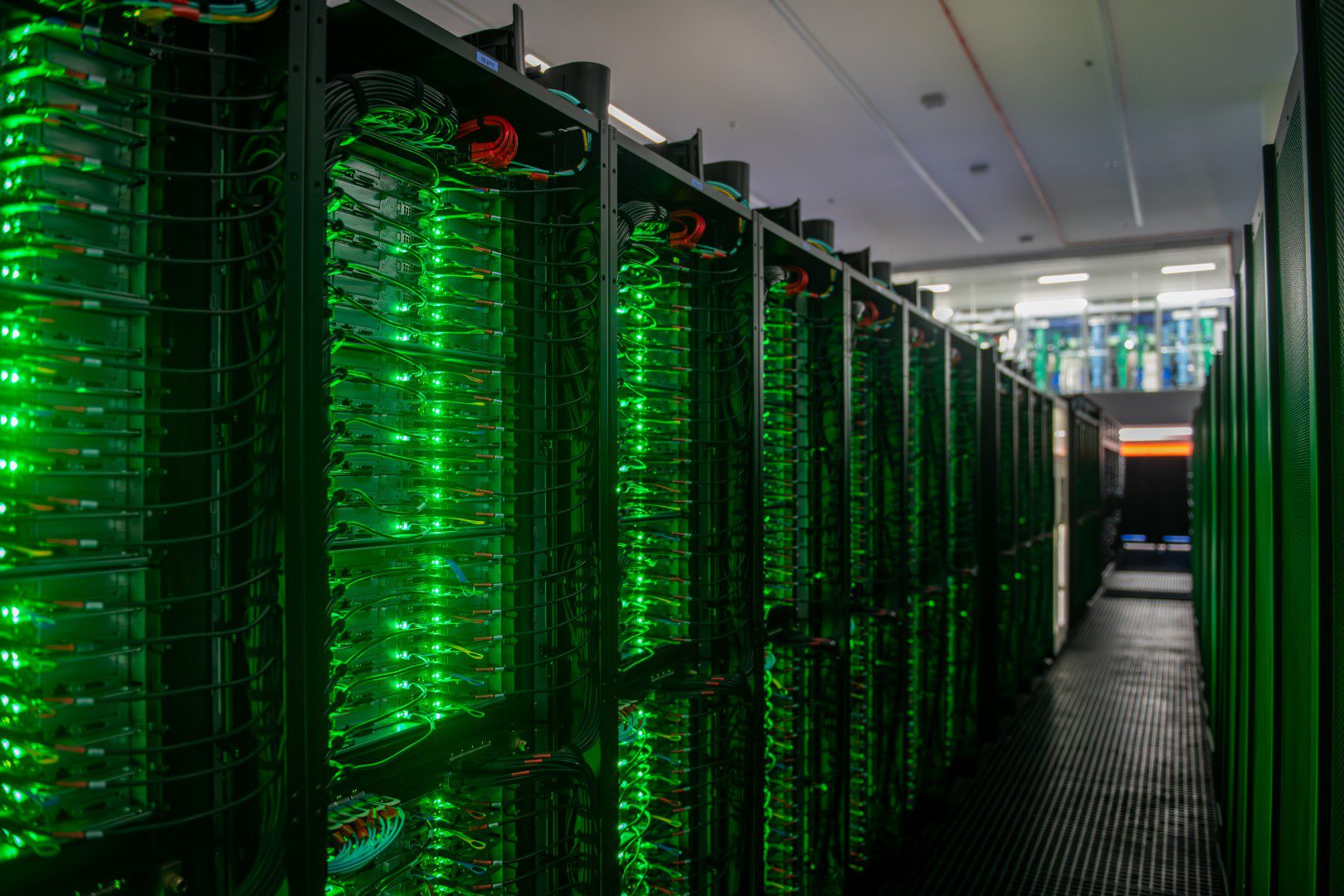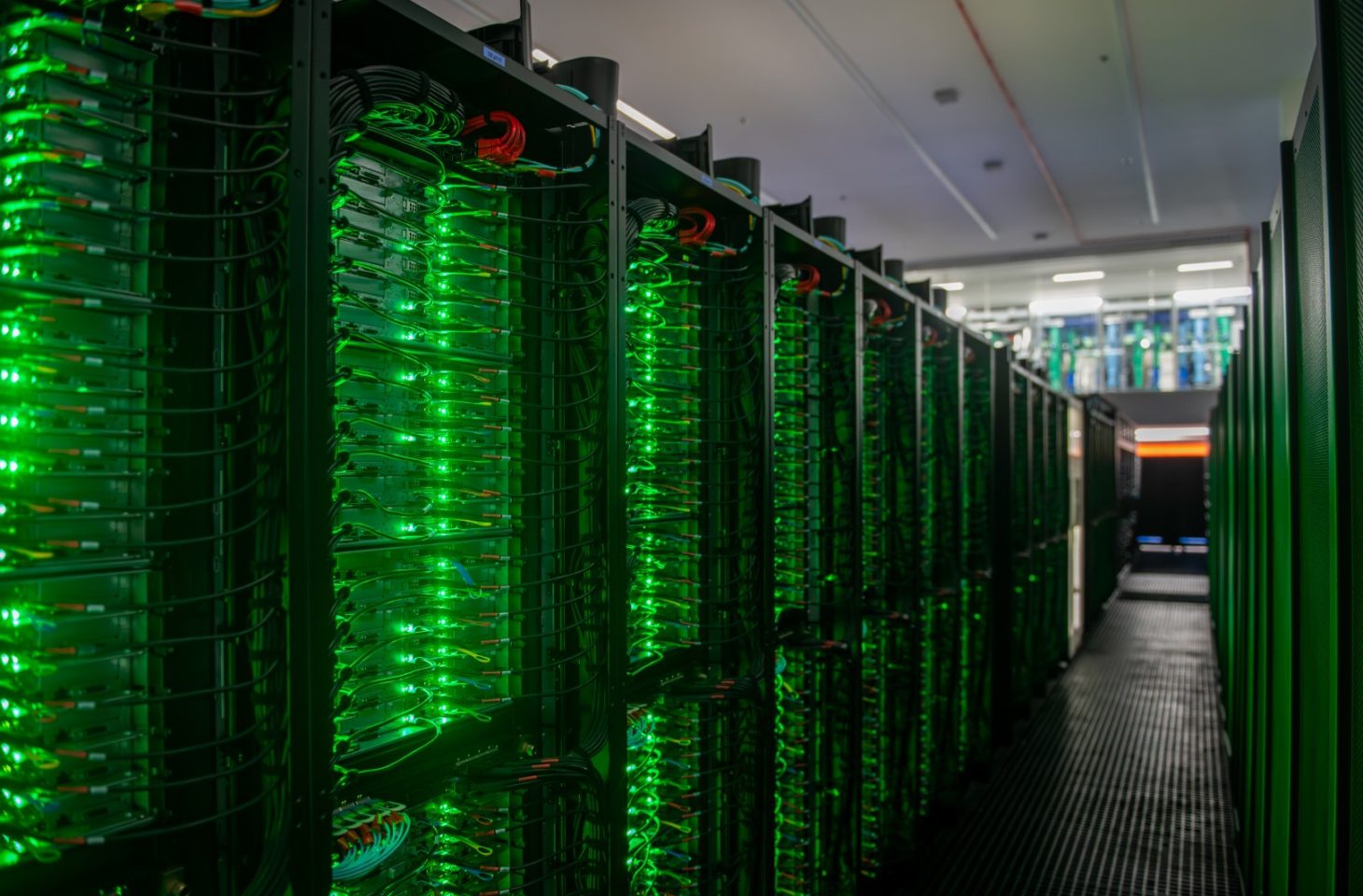Today Lenovo would like to highlight MareNostrum 5 GPP: an HPC system recently inaugurated in Barcelona that is far from the fastest on the top 500 list, unless you ignore all the supercomputers with accelerators.
Lenovo is proud of MareNostrum 5 GPP: a powerful supercomputer at the Barcelona Supercomputing Center. That’s right: the system is powered by 725,760 processor cores housed in ThinkSystem SD650 v3 servers. The HPC system has a computing power of 40.1 Pflops. Lenovo built the servers in Budapest and equipped them with the self-developed Neptune water cooling system.
However, according to the Top 500 list, MareNostrum 5 GPP is far from the fastest supercomputer in the world. This honor goes to the 29 times more powerful Frontier supercomputer in the USA. In fact, MareNostrum 5 GPP isn’t even the fastest MareNostrum 5 on the list. GPP stands for General purpose partitionand MareNostrum 5 also has one Accelerated partition: MareNostrum 5 ACC. This was created by Eviden (formerly Atos) using BullSequana XH3000 servers. MareNostrum 5 ACC is more than three times as fast, delivering 138.2 Pflops of computing power. The horsepower puts the HPC cluster in eighth place in the top 500, compared to nineteenth place for the Lenovo variant.
Old stamp
Nevertheless, Lenovo is rightly proud of the MareNostrum 5 GPP. Despite its (still very respectable) nineteenth place in the top 500, this HPC cluster is the fastest conventional cluster in the world. In other words, it doesn’t use accelerators like Nvidia’s Hopper H100 chips or AMD’s ALD Instinct MI250X chips. Despite Intel’s powerful Intel Xeon Platinum processors under the hood, this system can be described as one of the old school.
Because the Fast HPC cluster has no accelerators, it is easier to use and more efficient for workloads that are less amenable to GPU acceleration. With the supercomputer, Lenovo is making a further contribution to expanding European HPC capacity: a strategic goal of the EU.














